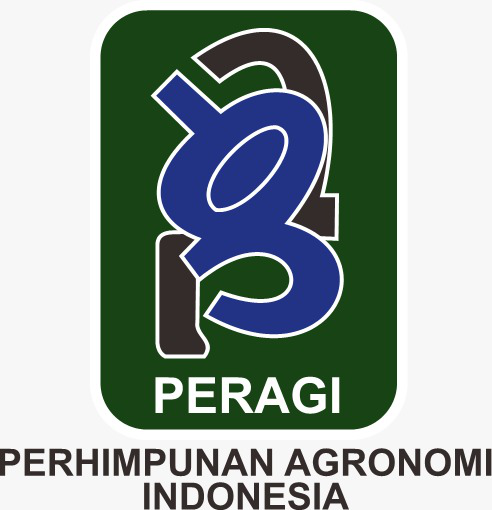The Effect Of Organic Liquid Fertilizer On 5 Paddy Gogo Varieties (Oryza sativa L.) In The Sub-Optimal Land Of Wamena
Abstract
Paddy gogo is one type of non-irrigated paddy that can grow on limited inputs, one of which is the problem of water availability. Paddy gogo can grow on various types of soil, including sub-optimal land in Wamena. It is said to be sub-optimal considering the ability of the soil in the study area is a type of soil with very low nutrient content. This study aims to determine the effect of the use of NASA organic liquid fertilizer on the growth and yield of 5 varieties of upland rice plants that were tested in the sub-optimal land of Wamena. This research was conducted in March-August 2019. The study was arranged in factorial research design, namely 5 types of varieties as factor 1 (variety of Inpago Unsoed 1, Inpago Unsoed Parimas, Inpari 28, Inpago 9 and one type of Local varieties as Comparator) and the concentration of NASA liquid organic fertilizer as a second factor (150 ml/plot). The results showed that the best growth was shown by varieties Local of Wamena (Moai) with the highest appearance of plant height and Inpago Unsoed 1 varieties which showed a large number of producing offspring. When viewed from physiological and production parameters, Inpago 9 variety shows the highest leaf area index and grain weight per clump. Furthermore, Wamena Local variety showed the highest value of stomata density, Inpago Unsoed Parimas variety showed the highest total chlorophyll value and Inpago Inpari 28 variety was the producer of the highest weight value of 1000 seeds.
Keywords: Liquid Organic Fertilizer; Paddy Gogo; Sub-optimal land
Downloads
Authors who publish with Jurnal Agronomi Tanaman Tropika (JUATIKA) agree to the following terms:
Authors retain copyright and grant the Jurnal Agronomi Tanaman Tropika (JUATIKA) right of first publication with the work simultaneously licensed under a Creative Commons Attribution License (CC BY 4.0) that allows others to share (copy and redistribute the material in any medium or format) and adapt (remix, transform, and build upon the material for any purpose, even commercially) with an acknowledgment of the work's authorship and initial publication in Jurnal Agronomi Tanaman Tropika (JUATIKA).
Authors are able to enter into separate, additional contractual arrangements for the non-exclusive distribution of the journal's published version of the work (e.g., post it to an institutional repository or publish it in a book), with an acknowledgment of its initial publication in Jurnal Agronomi Tanaman Tropika (JUATIKA). Authors are permitted and encouraged to post their work online (e.g., in institutional repositories or on their website) prior to and during the submission process, as it can lead to productive exchanges, as well as earlier and greater citation of published work.







 More Information
More Information



